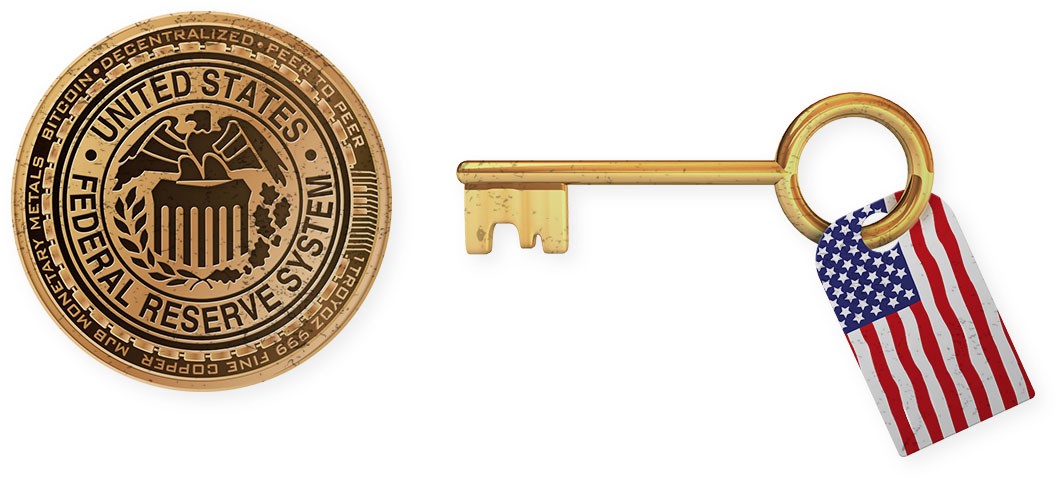PALO ALTO, Calif. (Reuters) - The Federal Reserve is looking at a broad series of problems around digital payments and currencies, consisting of policy, style and legal considerations around possibly issuing its own digital currency, Guv Lael Brainard stated on Wednesday. Brainard's remarks suggest more openness to the possibility of a Fed-issued digital coin than in the past." By changing payments, digitalization has the prospective to deliver greater worth and convenience at lower expense," Brainard said at a conference on payments at the Stanford Graduate School of Business.
Main banks internationally are discussing how to handle digital financing innovation and the distributed ledger systems utilized by bitcoin, which promises near-instantaneous payment at possibly low expense. The Fed is establishing its own round-the-clock real-time payments and settlement service and is presently evaluating 200 comment letters sent late last year about the suggested service's style and scope, Brainard said.

Less than two years ago Brainard told a conference in San Francisco that there is "no engaging demonstrated requirement" for such a coin. However that was prior to the scope of Facebook's digital currency ambitions were widely understood. Fed officials, including Brainard, have raised issues about customer defenses and information and privacy risks that might be postured by a currency that could enter into use by the 3rd of the world's population that have Facebook accounts.
" We are teaming up with other central banks as we advance our understanding of reserve bank digital currencies," she said. With more countries checking out issuing their own digital currencies, Brainard said, that includes to "a set of factors to also be ensuring that we are that frontier of both research study and policy development." In the United States, Brainard stated, issues that need study consist of whether a digital currency would make the payments system more secure or easier, and whether it could position monetary stability risks, including the possibility of bank runs if money can be turned "with a single swipe" into the central bank's digital currency.
To counter the financial damage from America's unmatched nationwide lockdown, the Federal Reserve has taken unmatched steps, consisting of flooding the economy with dollars and investing directly in the economy. Many of these moves got grudging acceptance even from numerous Fed skeptics, as they saw this stimulus as needed and something just the Fed could do.
My new CEI report, "Government-Run Payment Systems Are Hazardous at Any Speed: The Case Versus Fedcoin and FedNow," information the risks of the Fed's existing prepare for its FedNow real-time payment system, and propositions for central bank-issued cryptocurrency that have actually been dubbed Fedcoin or the "digital dollar." In my report, I go over concerns about privacy, data security, currency adjustment, and crowding out private-sector competitors and innovation.
Proponents of FedNow and Fedcoin say the government must produce a system for payments to deposit quickly, instead of motivate such systems in the private sector by raising regulatory barriers. But as noted in the paper, the economic sector is offering a relatively unlimited supply of payment technologies and digital currencies to fed coin price solve the problemto the extent it is a problemof the time space in between when a payment is sent and when it is gotten in a checking account.
And the examples of private-sector development in this location are numerous. The Clearing Home, a bank-held cooperative that has been routing interbank payments in various types for more than 150 years, has actually been clearing real-time payments because 2017. By the end of 2018 it was covering 50 percent of the deposit base in the U.S.